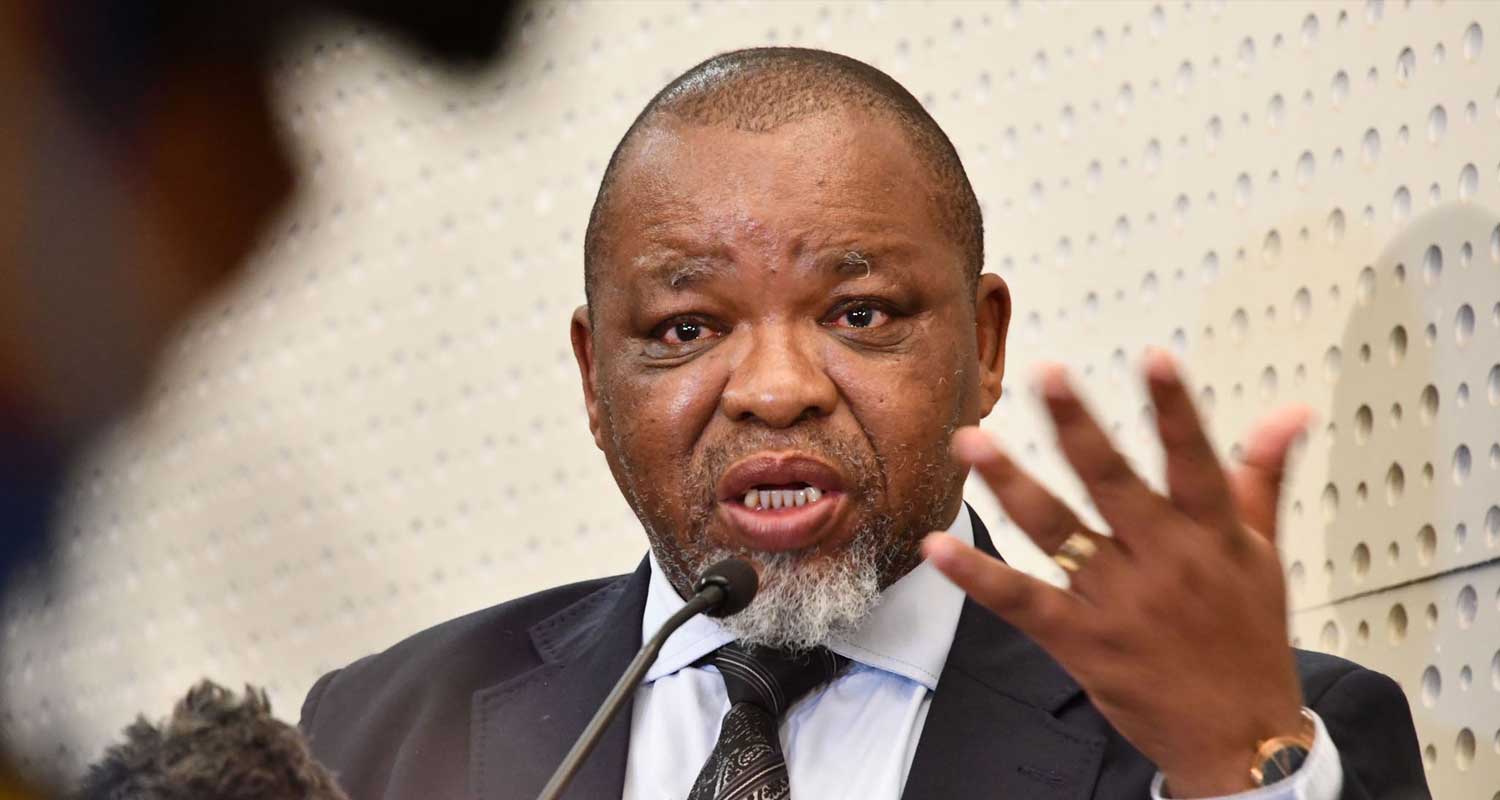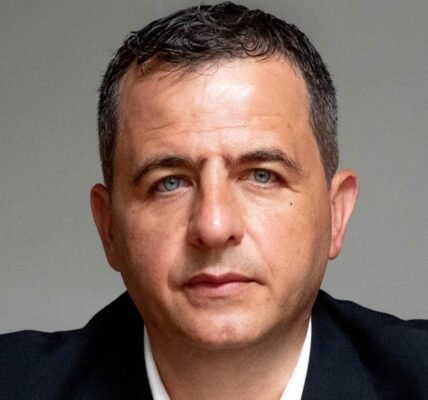
South Africa’s Presidential Climate Commission said the energy ministry has an inadequate plan to tackle the country’s power supply crisis and its lack of attention to air quality and climate change puts it in conflict with the law and international agreements.
The so-called Integrated Resource Plan, developed by the energy ministry, is currently open for public comments and amendments may be made before it’s finalised in May.
The scathing criticism by the body established to advise President Cyril Ramaphosa on climate issues highlights the schism in government caused by a reliance on coal for power generation. Energy minister Gwede Mantashe has expressed a reluctance to move away from the use of the world’s dirtiest fossil fuel, saying its necessary for electricity supply and employment, while the presidential climate body has been advocating for a green transition.
Tensions around the dispute have been deepened by a power supply crisis that’s crippling the economy as the coal-fired power plants that supply more than 80% of South Africa’s electricity repeatedly break down.
“The IRP does not address its primary energy security objective and does not provide any analysis to show how this might be achieved in the short term,” the commission said in a presentation released after a 16 February meeting. “The IRP does not effectively address the issues of climate change and air quality.”
South Africa is the world’s 15th biggest producer of climate-warming greenhouse gases and has one of the world’s most carbon-intensive economies. Air pollution to the east and south of its biggest city, Johannesburg, is among the world’s worst due to a concentration of coal-fired power plants, petrochemical complexes and other heavy industry.
Not ambitious enough
The criticism from the government body adds to concern from renewable energy advocates that a plan to build more than 100GW of power generation capacity by 2050 from a variety of sources isn’t ambitious enough.
The master plan also does little to address access to energy concerns, doesn’t propose using the cheapest power-generation technologies and could heighten inequality, the climate commission said.
Read: Ramokgopa finally gets some powers – but Mantashe still looms large
“At the very least, a scenario to 2030 that more aggressively addresses load shedding is needed,” the commission said. “A detailed review of air quality and its impacts on technology choices is needed. This is a legal requirement.” — (c) 2024 Bloomberg LP

